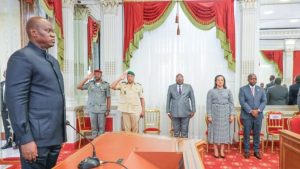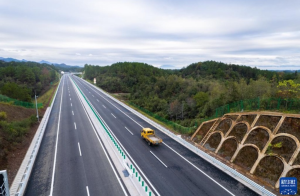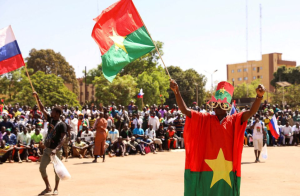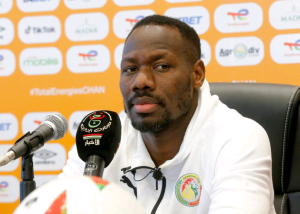Burkina Faso turns to Brazilian expertise to modernize its livestock sector
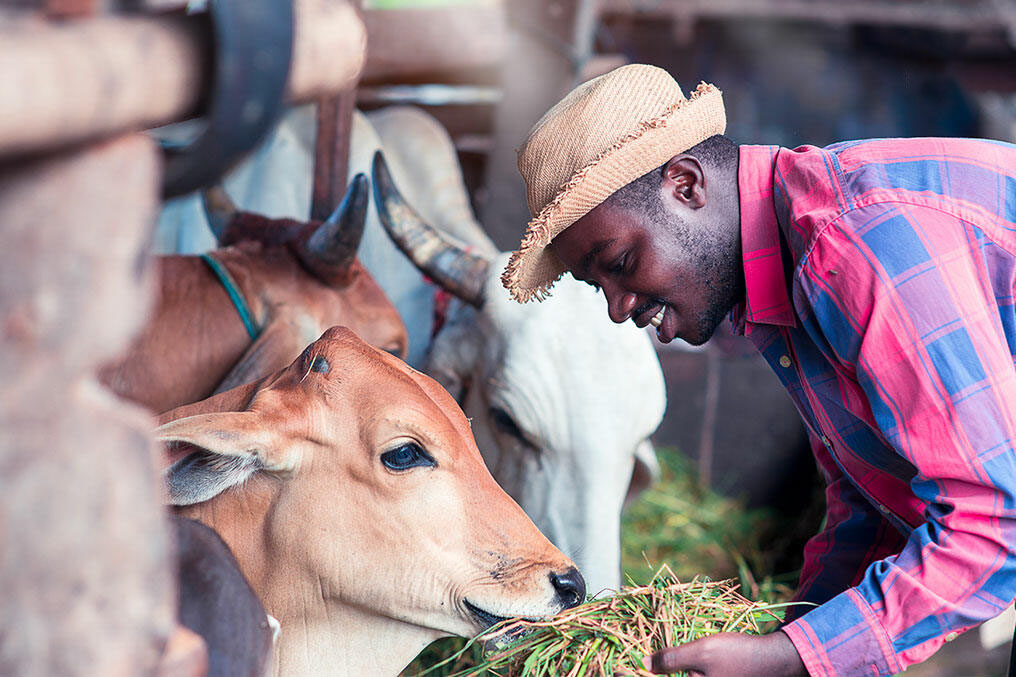
In order to boost its livestock subsector, which accounts for 11.52% of national GDP, Burkina Faso is pursuing strategic partnerships with global leaders in animal husbandry. A recent exploratory mission by Brazil’s Daniel Franco Institute (IDF) from June 20-24, 2025 has laid the groundwork for potential collaboration in genetic improvement and sustainable livestock practices.
The discussions between Burkina Faso’s Center for Poultry Promotion and High-Performance Animal Multiplication (CPAMAP) and the Brazilian delegation focused on concrete measures to enhance national herd productivity.
Key areas of cooperation under consideration include the introduction of high-yield cattle breeds, acquisition of superior animal genetics, and development of advanced fodder cultivation techniques all aimed at strengthening the country’s strategic milk and meat value chains.
This initiative aligns with the Burkinabe government’s recently announced plans to begin livestock meat exports and revitalize domestic dairy production through its new public enterprise, Faso Kosam.
The ultimate objective is to achieve 50% self-sufficiency in milk and dairy products, addressing a critical gap in national food security.
Currently, Burkina Faso’s dairy cows produce a modest 200-500 liters annually per animal, compared to Brazil’s average of 2,500-3,000 liters.
This partnership could prove transformative, potentially tripling milk yields while improving the overall profitability and sustainability of livestock farming.
The proposed cooperation with Brazil forms part of Burkina Faso’s comprehensive strategy to modernize its agricultural sector through technology transfer and innovative practices.
By leveraging international expertise while focusing on local capacity building, the country aims to position livestock production as a driving force for economic development and food sovereignty in the years ahead.
This South-South collaboration represents a pragmatic approach to addressing Burkina Faso’s agricultural challenges while creating new opportunities for farmers and agribusinesses across the livestock value chain.
Maurice K.ZONGO



